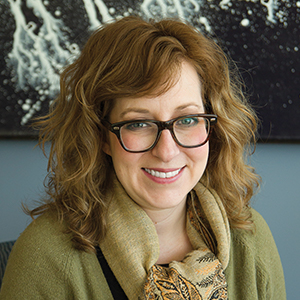Top 10 most-read original stories
It's the end of the year, and you know what that means: It's time for newspapers, magazines and other publications to share their most-read lists. And we're no different. Below is a list of our most-read original stories.
Now, what I love about this list is that many of the articles are by our volunteer contributors. I'll talk about a couple.
At the very top, you will see an article about the periodic table. Several years ago, we began including in our coverage articles that align with scientific and cultural observances. These articles are way for volunteer contributors to practice communicating science in a fashion that resonates with the public and, often, other scientists. This article was for National Periodic Table Day.
The second article on the list has an interesting back story. This writer is a lipid researcher who is active on Twitter. One day, I saw a Twitter thread that he wrote about fatphobia and how his experiences as a patient, and as an advocate for his father when he was a patient, had influenced his approach to and perception of obesity, in particular as it relates to his own research. If you did not read this piece when it first came out, I strongly recommend that you do so. It's a personal story and impactful.
Unsurprisingly, many of the stories on this list are about COVID.
Happy reading!

1. A brief history of the periodic table
By Deboleena M. Guharay
The periodic table of elements is a common sight in classrooms, campus hallways and libraries, but it is more than a tabular organization of pure substances. Scientists can use the table to analyze reactivity among elements, predict chemical reactions, understand trends in periodic properties among different elements and speculate on the properties of those yet to be discovered.
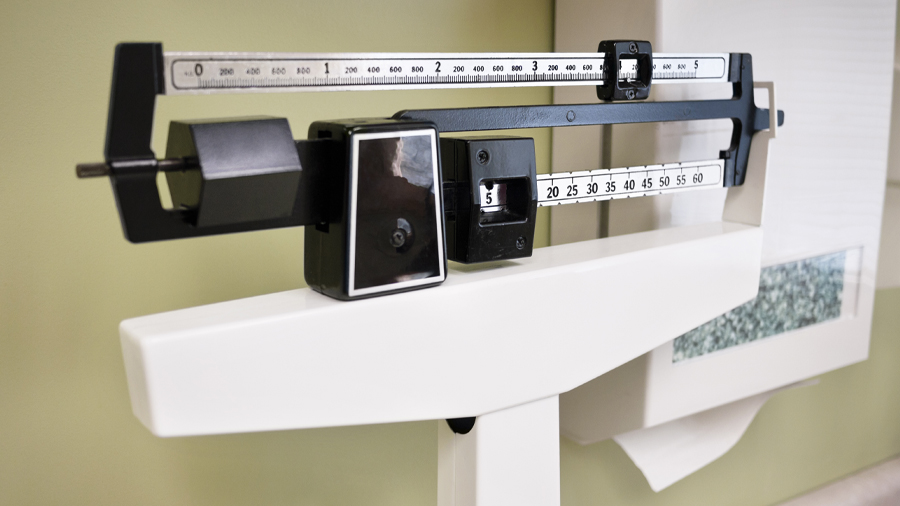
2. Putting body weight in context
By Robert Rosencrans
Excerpt: “I didn’t expect to start seeing the intersections of fatphobia with environmental racism or police violence. I didn’t expect to see them in my medical school classes. Or in my own care. I didn’t think about this issue at all until recently. But once you start seeing the redundant harms larger people are exposed to, it’s hard to stop.”

3. US travel bans: Bizarre and ruthless
By Valerio Francioni
Continuing travel restrictions have prevented the author and thousands of other international scholars from seeing their families.
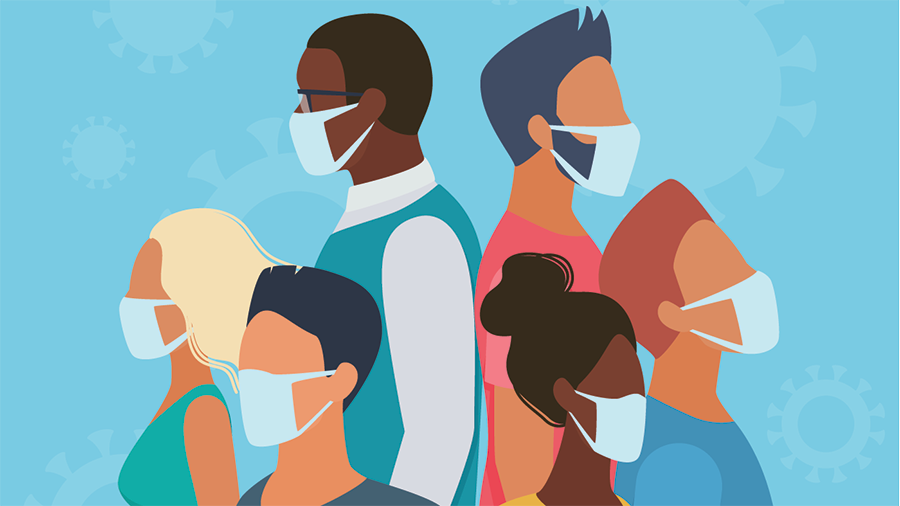
4. Life after one year of COVID-19
By multiple contributors
In March 2020, we asked scientists how the pandemic was affecting them personally and professionally. A year later, we asked them how it has changed their lives. Here are their dispatches.
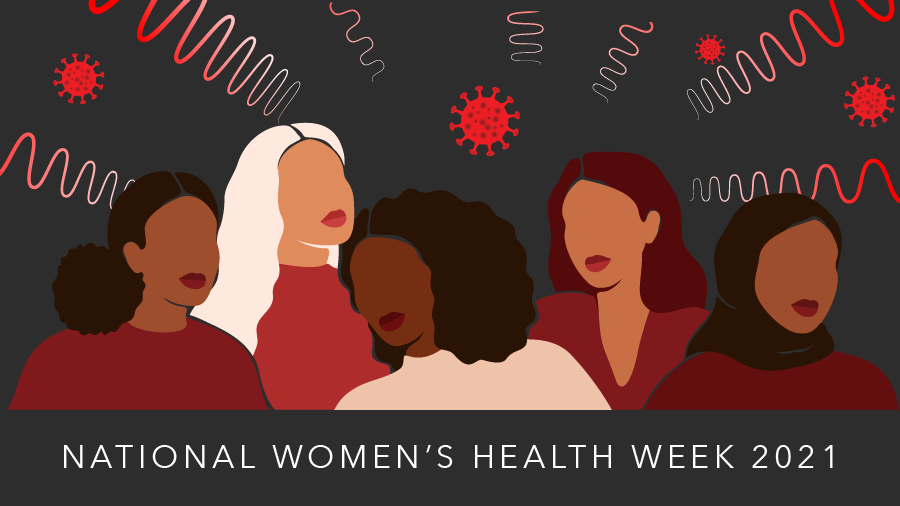
5. The impacts of COVID-19 on women’s physical health
By Núria Negrão
Pregnancy, periods, long COVID and vaccine side effects: lots of questions remain unanswered.
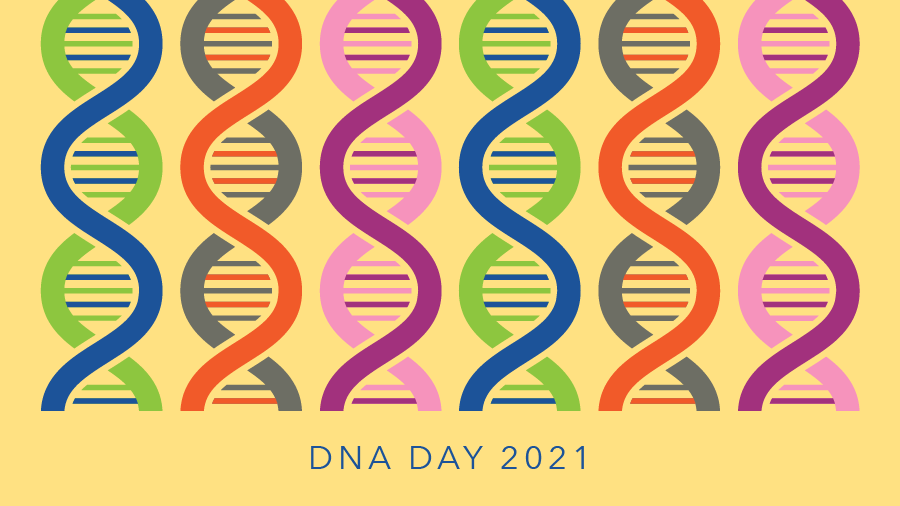
6. DNA and COVID-19: What’s the connection?
By Nivedita Uday Hegdekar
Studies have linked virus susceptibility and severity to genes inherited from Neanderthals and to blood type — but not all researchers agree on the results.
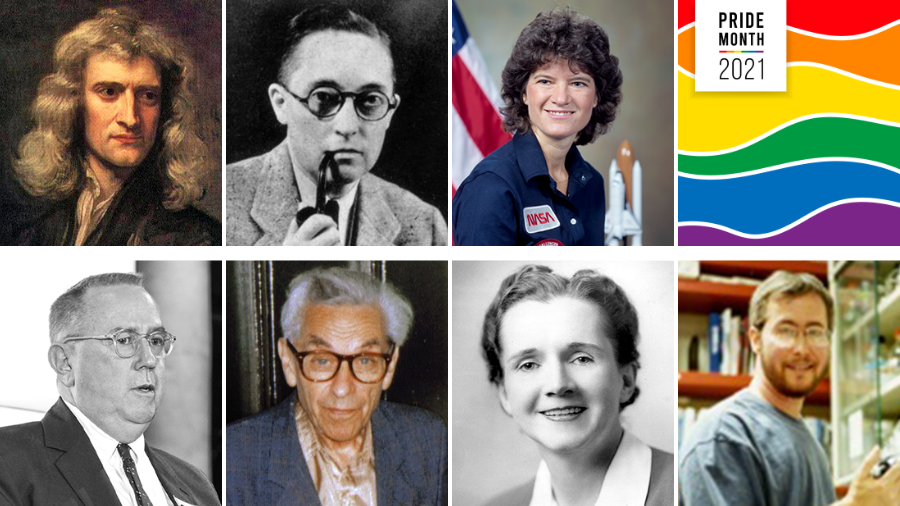
7. LGBTQ+ scientists in history
By Elizabeth Stivison
Excerpt: “I often feel uncomfortable with these lists, especially when sexual orientation and/or gender identity is speculative. Many LGBTQ+ people in history couldn't come out publicly (and the truth is that many today still can't), and it feels a little intrusive to guess based on a letter or some ambiguous anecdote. But I also know that the good that comes from the visibility of those historical figures is significant. It's important to learn about the contributions LGBTQ+ people have long been making. So I've included in this list people who were public about their identity and/or orientation as well as people who are thought to have been LGBTQ+.”
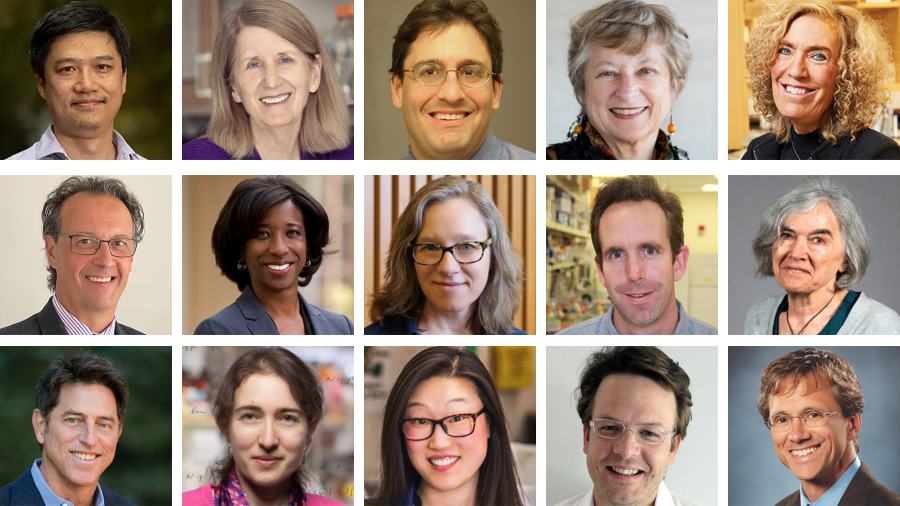
8. ASBMB names 2022 award winners
By staff
The winners of the American Society for Biochemistry and Molecular Biology annual awards were nominated by colleagues and other leaders in their fields for making significant contributions to biochemistry and molecular biology and the training of emerging scientists. The recipients will give talks about their work at the society’s 2022 annual meeting, which will be held in conjunction with the Experimental Biology conference April 2-5 in Philadelphia.

9. How to write a killer abstract in 10 sentences
By Bill Sullivan
Tell a story by framing your scientific study as an irresistible mystery.
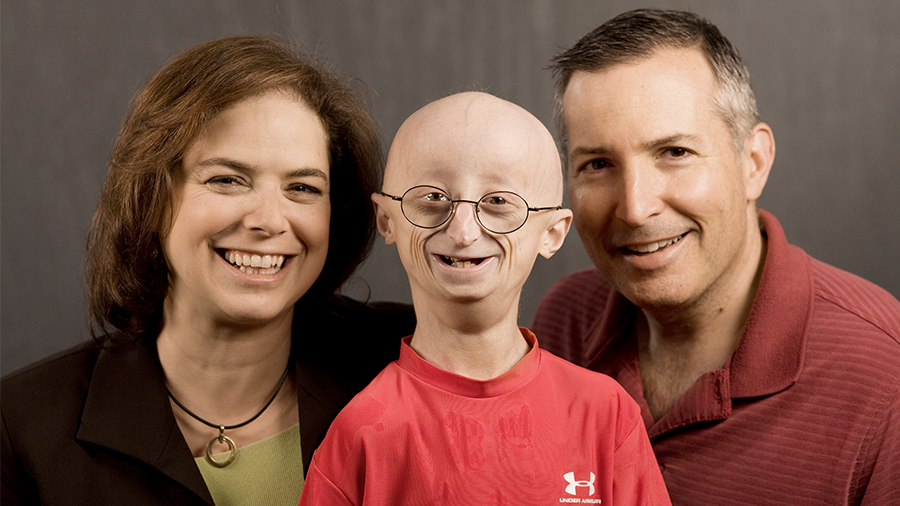
10. Progeria: From the unknown to the first FDA-approved treatment
By Ankita Arora
Infants born with progeria seem healthy at first. But they start aging at a pace 10 times faster than normal. Before age 1, weight gain slows, hair starts thinning and then falls out completely, joints may stiffen, and bones weaken. With time, blood vessels clog and connective tissue hardens. Many patients die of heart attack or stroke before they reach the age of 15.
Enjoy reading ASBMB Today?
Become a member to receive the print edition four times a year and the digital edition monthly.
Learn moreFeatured jobs
from the ASBMB career center
Get the latest from ASBMB Today
Enter your email address, and we’ll send you a weekly email with recent articles, interviews and more.
Latest in Opinions
Opinions highlights or most popular articles

Women’s health cannot leave rare diseases behind
A physician living with lymphangioleiomyomatosis and a basic scientist explain why patient-driven, trial-ready research is essential to turning momentum into meaningful progress.

Making my spicy brain work for me
Researcher Reid Blanchett reflects on her journey navigating mental health struggles through graduate school. She found a new path in bioinformatics, proving that science can be flexible, forgiving and full of second chances.

The tortoise wins: How slowing down saved my Ph.D.
Graduate student Amy Bounds reflects on how slowing down in the lab not only improved her relationship with work but also made her a more productive scientist.

How pediatric cataracts shaped my scientific journey
Undergraduate student Grace Jones shares how she transformed her childhood cataract diagnosis into a scientific purpose. She explores how biochemistry can bring a clearer vision to others, and how personal history can shape discovery.

Debugging my code and teaching with ChatGPT
AI tools like ChatGPT have changed the way an assistant professor teaches and does research. But, he asserts that real growth still comes from struggle, and educators must help students use AI wisely — as scaffolds, not shortcuts.

AI in the lab: The power of smarter questions
An assistant professor discusses AI's evolution from a buzzword to a trusted research partner. It helps streamline reviews, troubleshoot code, save time and spark ideas, but its success relies on combining AI with expertise and critical thinking.

